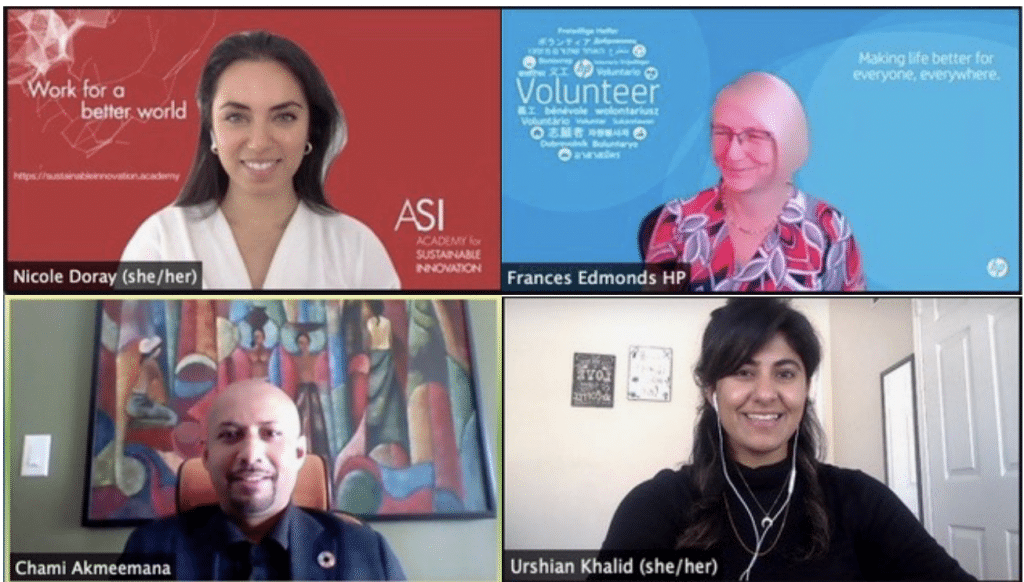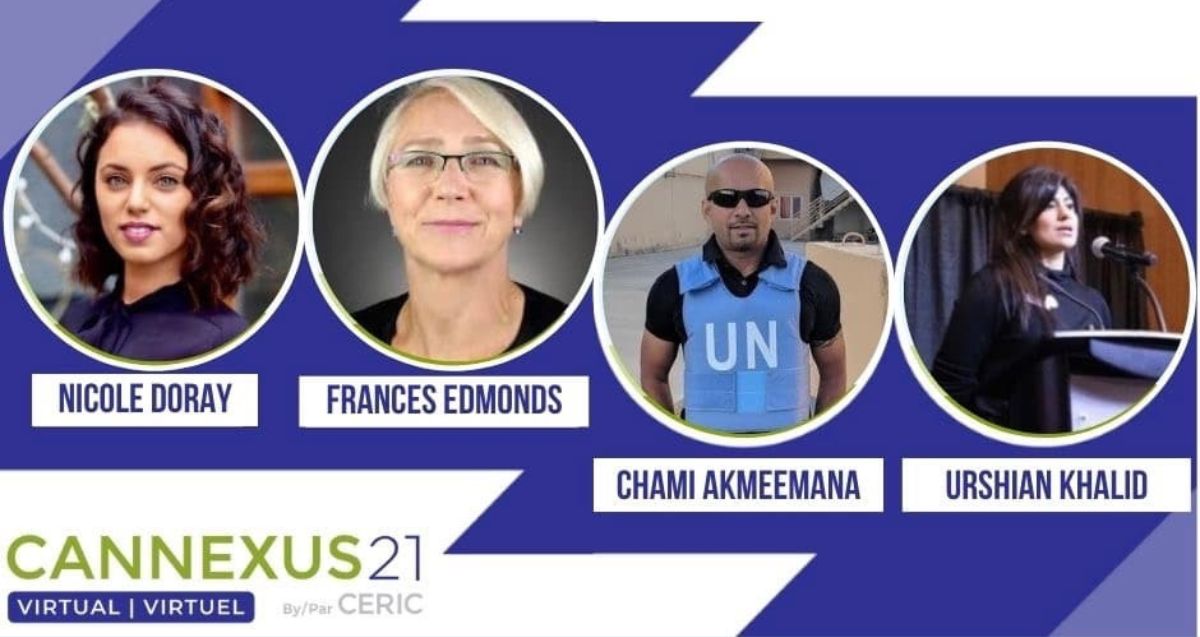About the authors
Urshian Khalid spearheads student leadership and development at York University in Toronto.
Nicole Doray pursues social impact and strategic innovation in industry and academia at the Academy for Sustainable Innovation.
Reflections and insights from Cannexus21 National Career Development Conference
What does it take to become a resilient, innovative, and courageous leader in the face of the world’s greatest challenges?
This was the question on the minds of over 2000 participants who joined the conversation at Cannexus21 career development conference.
It’s a question we grapple with everyday. We both pursue advancements in social equity, anti-oppression, and sustainability because we know, with certainty, that the disruptions presented by the COVID-19 pandemic will not be the last. Rather than fear these challenges, we believe in embracing new possibilities. We envision an abundant and aligned society, one in which professionals across industry work collaboratively to solve interdisciplinary challenges.
Cannexus21 affirmed the ambition of thousands of like-minded career development professionals and provided a space to convene around key challenges. During a lively panel conversation entitled Transition Leadership for a Stronger and More Resilient Canada, we blended our ideas of leadership with those of Chami Akmeemana, CEO of Convergence.Tech and Frances Edmonds, Head of Sustainable Impact at HP Canada.
Our discussion surfaced critical elements required to build our community’s resilience, leverage disruption, and lead the transition to a low carbon, socially inclusive world.
Here are some highlights of what we learned:
Transition requires new mindsets
“How do you design [technology solutions] for herders in Mongolia or look at peace process solutions in Afghanistan, if you’ve really only read about it? When you’re on the ground, you really have to think on your feet. Varied projects and challenges require a different level of thinking, curiosity and a growth mindset.” — Chami Akmeemana
The COVID-19 pandemic offers a timely example of our capacity to embrace new mindsets. Almost overnight, we saw our offices replaced with work-from-home stations. We embraced new learning systems and found creative ways to be with our loved ones at a distance. We were nimble and innovative. What if we treated systems of transition the same way?
Our Cannexus21 panel discussion reminded us that the transition to a low carbon, socially inclusive economy and society requires flexible futures thinking which challenges the status-quo. We must learn to embrace and leverage disruption, evoking the same curiosity, creativity, and initiative that allows us to thrive through today’s challenges.
Leadership practices have evolved
“When looking to expand our team, we typically look at technology skills, yes, but we also require a great balance of IQ, EQ and AQ-agility quotient”. — Chami Akmeemana
At their core, global disruptions create instability. They challenge our perceptions of the possible and push us to evolve. Navigating these complex challenges requires new leadership practices which hinge on agility, flexibility and personal resilience.
Effective leadership evolves personal resilience into organizational and systemic resilience. Our panelists revealed that community building, an appreciation of cultural differences, peer-to-peer learning and storytelling can be found at the core of the most effective leadership models, where they build trust and strengthening relationships.
Soft skills are power skills
Our panelists highlighted systems thinking, modelling and scenario-building as key tools in leading transition. Equally as critical are the formerly known “soft skills” (read: powerskills) like communication, negotiation, and collaboration.
“As we move into the 4th industrial revolution, we need change agents who have the confidence to speak the truth quietly and clearly, and advocate for better systems – we no longer have time to stick to the norms.” — Frances Edmonds
We were reminded that “daring leaders are never silent about the hard things”, and that elevating forward-thinking ideas in the face of resistance can be one of the most challenging skills to perfect. Frances Edmonds reminded us that, “we can’t be change agents on our own.” Transition leaders bring others along the journey with them, acting as communicators, convenors, and collaborators on the path to a cleaner and more inclusive world.
Shaping future leaders
Faced with the world’s greatest and most complex challenges, these new mindsets, practices and skill sets help to shape resilient, innovative, and courageous professionals. We commend the many career development professionals who recognize the shift, and continue to support and shape future transition leaders today.



